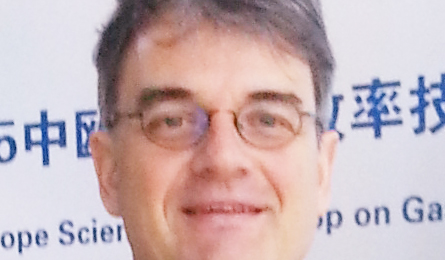ULRICH BRAND: Disguising real intent to curb capitalist crisis
 In light of the economic crisis in Europe and the US and the fact that policies of sustainable development have largely failed, now it seems that the concept of a “green economy” is attractive for certain socioeconomic actors. In various programmatic conceptualizations, the green economy has recently been proclaimed as an approach to overcoming the existing multiple crises and constitutes a social, ecological and economic win-win situation.
In light of the economic crisis in Europe and the US and the fact that policies of sustainable development have largely failed, now it seems that the concept of a “green economy” is attractive for certain socioeconomic actors. In various programmatic conceptualizations, the green economy has recently been proclaimed as an approach to overcoming the existing multiple crises and constitutes a social, ecological and economic win-win situation.
The green economic strategy is crystallizing a new emerging capitalist formation, which we refer to as “green capitalism.” This is taking place in a situation in which the old formation—neoliberal finance-dominated capitalism—is experiencing a profound, multifaceted crisis. Capitalism constrains not only social relations but also relations between society and nature. Like other relationships between society and nature under capitalist conditions, green capitalism is realized in a highly selective manner in some branches and some regions while excluding other people and other regions and putting the material lives of those excluded at stake.
The concept of green capitalism is related to the uneven development of capitalist economy in time and space as well as the current international economic and political order. In particular, hegemony of an “imperial mode of living” has given the European countries and the US an edge in terms of the global division of labor, access to natural resources and the use of space for environmental pollution. Some elites from developing countries and emerging economies have unconsciously made it a goal to pursue the imperial mode of living.
For the green left, it is essential to realize that green economy and green growth are nothing but policy instruments used by capitalism to regulate its growth and contain the accumulated crisis. And we should consider green capitalism as one form of capitalist development, which will span an unknown period of time.
Ulrich Brand is a professor from the Department of Political Science at the University of Vienna. This article is excerpted from a report funded by the Rosa Luxemburg Foundation that Ulrich Brand delivered at Peking University.

 PRINT
PRINT CLOSE
CLOSE